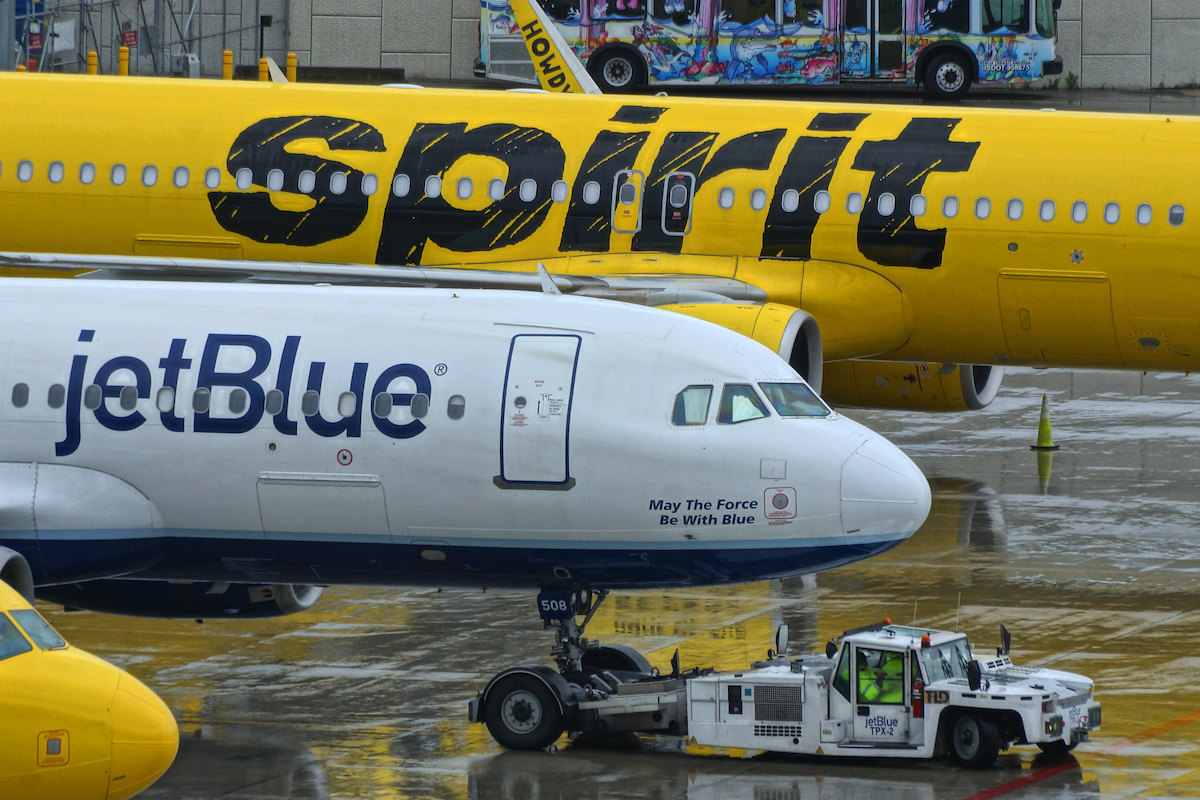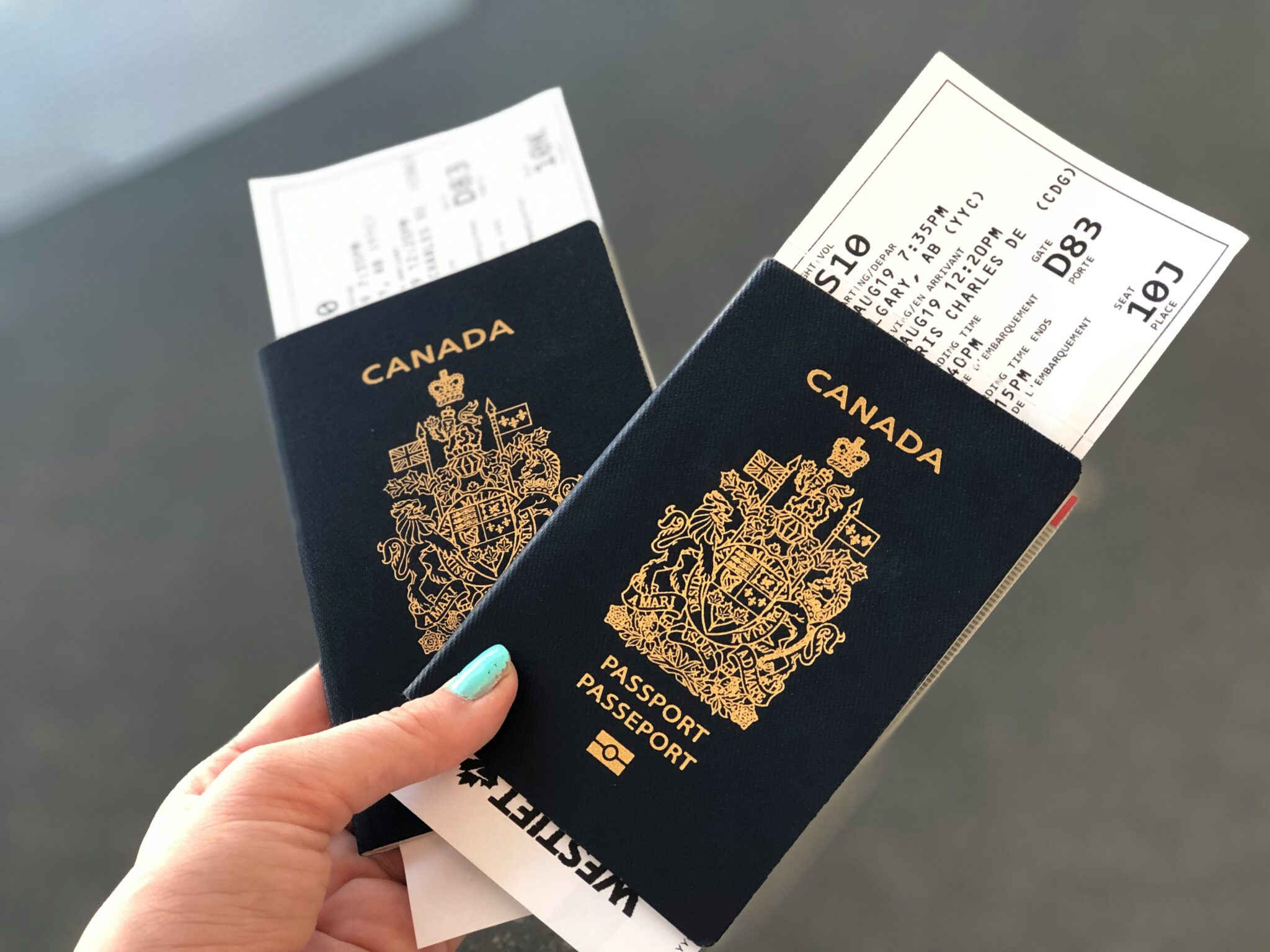JetBlue May Try to Terminate Merger With Spirit

Skift Take
Jetblue said Friday it may back out of its merger with Spirit Airlines, after a federal judge blocked the $3.8 billion deal last week.
The New York-based carrier said in a filing that it informed Spirit that the merger agreement may be terminated on or after January 28 and that it may not be able to meet all the conditions required to close the agreement.
Spirit, however, fired back and said in a filing Friday morning: "Spirit believes there is no basis for terminating the Merger Agreement. Spirit will continue to abide by all of its obligations under the Merger Agreement, and it expects JetBlue to do the same."
The two carriers did not immediately respond to a request for comment.
A Massachusetts District Court judge blocked the merger — the first U.S. airline merger blocked in 20 years — because he believed the loss of Spirit, the largest ultra-low-cost carrier in the country, would lead to higher fares. If the merger had been approved, it would have created the fifth-largest airline in the U.S.
Days after the ruling, JetBlue and Spirit said they would file a motion to appeal. As part of the merger agreement, JetBlue had agreed to pay a $470 million break-up fee to Spirit and its shareholders.
Spirit, which hasn’t been profitable since 2019, faces an uncertain path after the merger was blocked. Wall Street analysts previously said the ultra-low-cost carrier may need to find another buyer or potentially risk filing for a Chapter 11 bankruptcy.
Spirit has around $1.1 billion in debt set to mature in 2025, and the carrier previously sold 25 aircraft and leased them back to strengthen its liquidity.
JetBlue, on the other hand, could potentially save billions if it doesn’t try to go forward with the merger.





